Graham Reid | | 1 min read
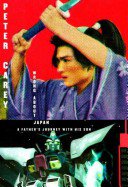
The Japanese phenomena of manga (comics) and anime (animated films) have long commanded Westerners‘ attention: they are often violent and sexual graphic, some explore arcane myth, others are hopelessly romantic, and some are social documentaries.
There have been numerous attempts at penetrating their layers of meaning (Frederick L Schodt’s Manga! Manga! from the mid 80s is recommended) but despite goodwill and best efforts manga remain elusive. That is because of specific Japanese mores, the nuanced flexibility of the language and the ever-changing Japanese pop culture context. Even the most simple frame of action-adventure manga or anime may have multiple meanings beyond Western comprehension.
New York-based, two-times Booker-winning author Carey came to manga through his 12-year old son Charley who sounds like a typical pre-teen kid: into cellphones and comics, wearing baggy hip-hop clothes and prone to whining about having to make eye contact when he meets people or feign interest in what adults might be saying.
Carey looked past this to the manga and, using connections only a prize-winning novelist has, took his boy to Japan to find the animators and art at source.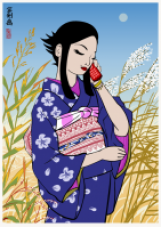
This book may be slight in appearance but is dense with ideas and information as Carey tries to get under the skin of Japanese culture. He fails of course, but the journey is fascinating as he encounters those bold-faced contradictions Japan often throws up: like the swordmaker who insists he has a Zen-like concentration only on the object he is making and not its use. Carey later reads his book in which the craftsman is equally insistent you cannot make a sword unless you understand its function.
Told in an anecdotal manner -- you feel for Charley being dragged to the four-hour kabuki performance -- it is an engaging trip through contemporary Japan which, almost incidentally, explains why some Japanese men dress as Elvis or carpenters when they are actually office workers (visualists they are called) and illuminates the dangers in assuming anything or ascribing particular interpretations to things Japanese.
They also meet one of those immaculately groomed punks who acts as Charley’s guide but their final contact with him leaves them all ashamed for having met in such a mundane, and real-life, situation.
It is as if the mutually agreed dream world had been punctured.
A concise, fascinating, cleverly crafted and information-stacked book which may be a quick read but will come off the shelf often in years to come.

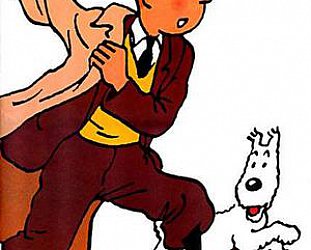


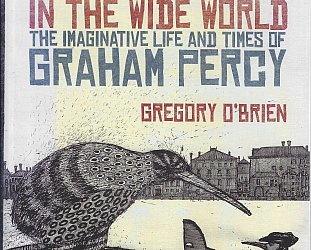

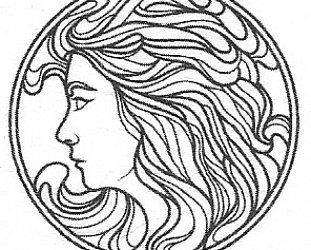
post a comment